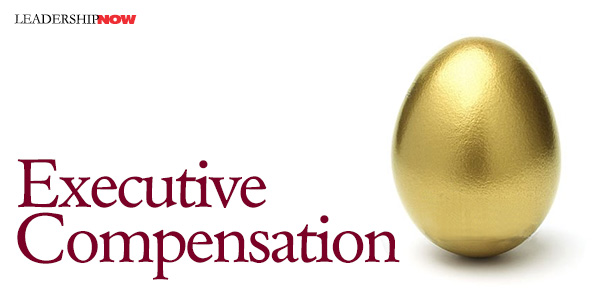 |
 |
04.17.06

Executive Compensation
PROMPTED by a piece in the New York Times reporting that Ivan Seidenberg, CEO of Verizon, collected $19.6 million in compensation last year, Tom Peters commented on executive compensation. Here’s an excerpt: In general, there's been a firestorm surrounding executive pay this year. I've generally avoided the topic. I believe in markets—including markets for exec pay. On the other hand, when something looks downright silly ... it may well be downright silly. Seidenberg is but one of many examples of this magnitude of apparent disjunction between pay and performance. Tom is right on. In general, we give CEO’s too much credit for successes and too much blame for failures. This impairs the performance of both the top management team and the organization as a whole. Robert Sutton, professor of management at Stanford, recently said in an interview that new research is coming out that suggests that the bigger the difference in pay between the CEO and next top three people of that management team, the worse that firm performs. The problem isn’t that they get more. They should. The problem is that is disproportionately more. But, how should that compensation be determined? Perhaps compensation should be linked to defined earnings performance goals? Should a highly qualified CEO get what the market is willing to pay? Should a wise CEO place a self-imposed cap on their compensation for the good of the organization and the market in general?
Posted by Michael McKinney at 09:18 AM
|
BUILD YOUR KNOWLEDGE
 

How to Do Your Start-Up Right STRAIGHT TALK FOR START-UPS 
Grow Your Leadership Skills NEW AND UPCOMING LEADERSHIP BOOKS 
Leadership Minute BITE-SIZE CONCEPTS YOU CAN CHEW ON 
Classic Leadership Books BOOKS TO READ BEFORE YOU LEAD |